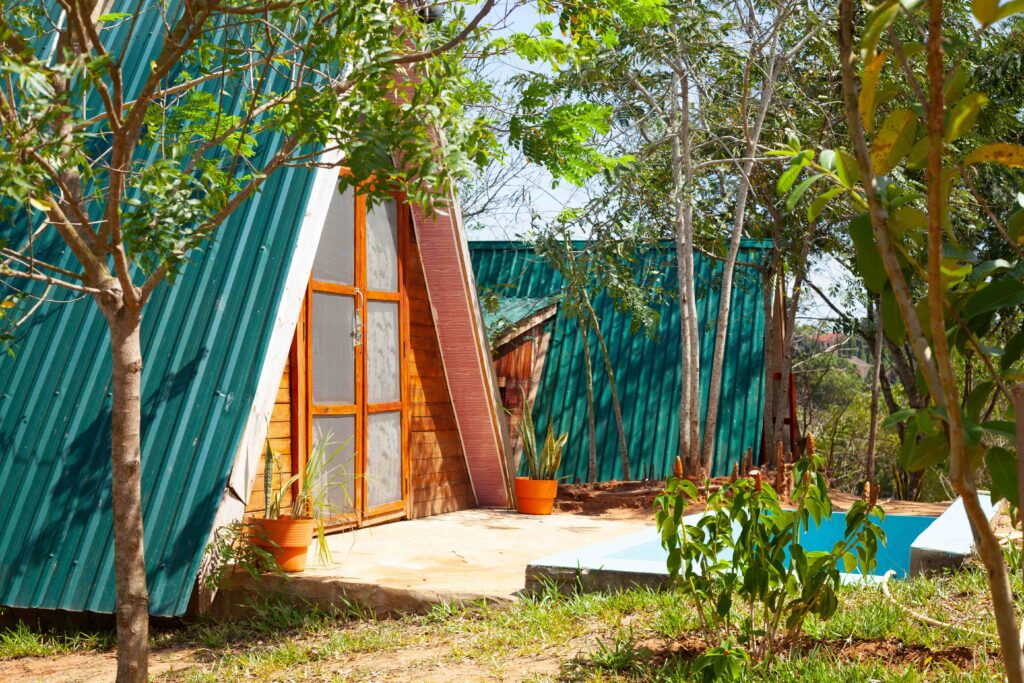
Bella Swahili Farm, nestled in the fertile soils of Toangoma, Kigamboni, is a living testament to the power of passion, sustainability, and legacy. Sharifa Sinda’s journey into farming began long before she took over her father’s farm in 2004.
Her father, a pilot by profession, had a deep love for agriculture, a passion that Sharifa inherited and cultivated over the years. Determined to keep his memory alive, she transitioned into farming, initially starting with goats, cows, and local chickens.
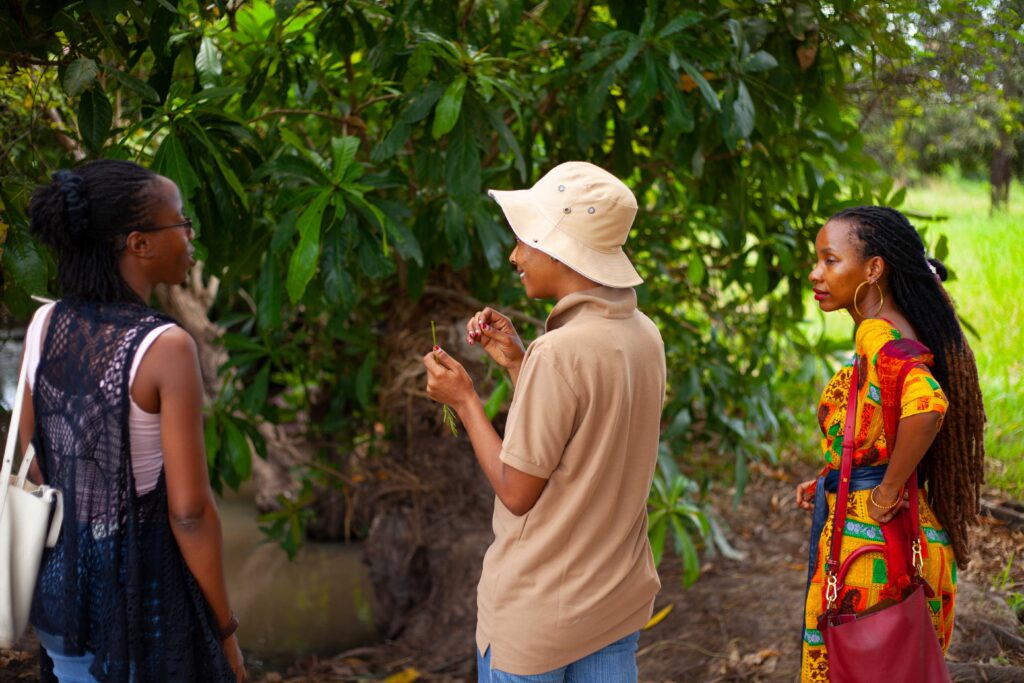
In 2020, Sharifa expanded her vision to include agritourism, building cozy rooms where tourists could stay and experience farm life up close.
Guests enjoy farm-to-table meals made from fresh produce, including maize, rice, a variety of vegetables, cassava, pineapples, papaya, watermelon, coconuts, tomatoes, and cucumber pickle. They learn about organic farming practices and the difference between the food they eat and the prepackaged options from supermarkets.
“The surprise on students’ faces when they see how crops grow naturally without chemicals is priceless,” Sharifa shares with pride. “They are amazed to see the process behind what they consume.”
At Bella Swahili Farm, sustainability is key. All crops are grown organically—no pesticides or chemical fertilizers are used. Instead, Sharifa uses pepper and kitchen ashes to create her own natural pesticides, while animal manure from rabbits, chickens, and goats enriches the soil.
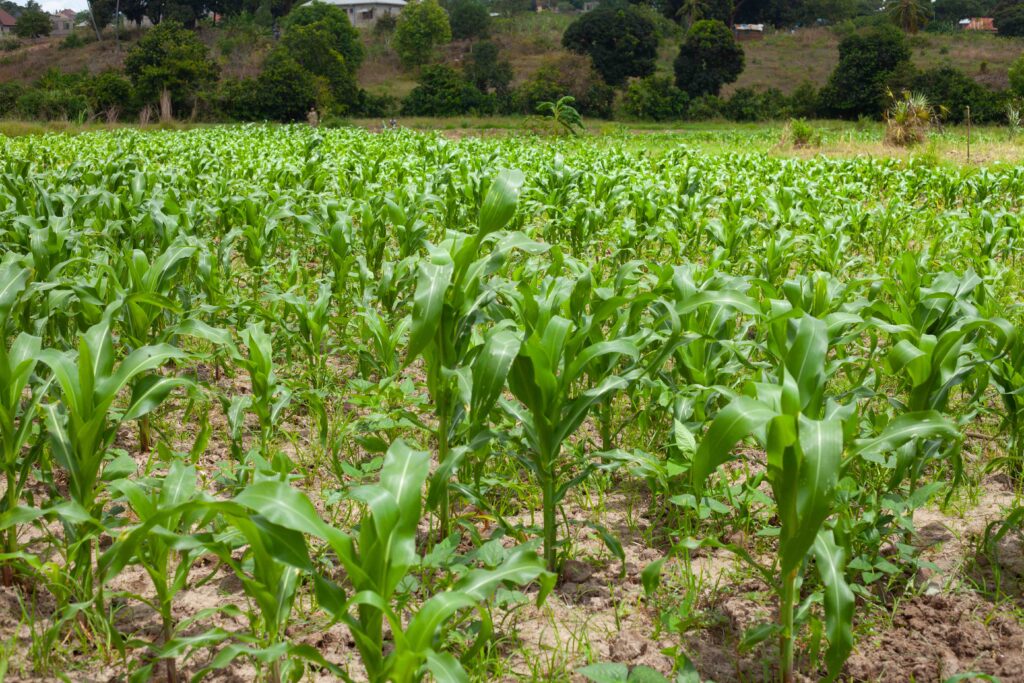
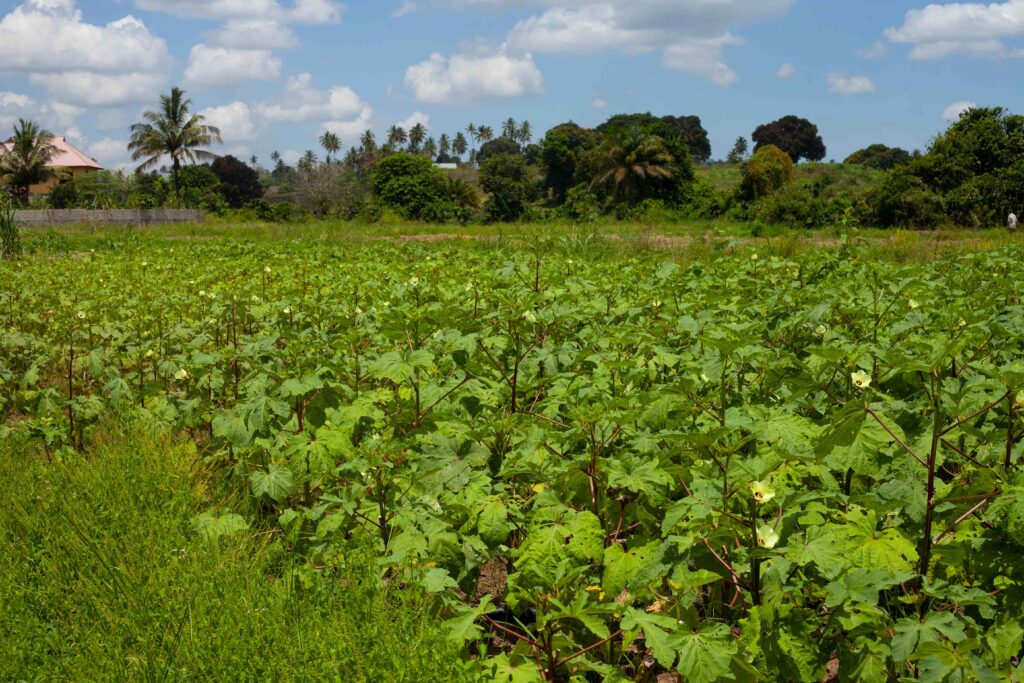
“Cowpea is one of the best crops for improving soil fertility,” she explains. “It’s a vital part of our farming system.”
But farming isn’t without its challenges. The rainy season brings an influx of insects, forcing Sharifa to pause operations for repairs and renovations. Despite these setbacks, her resolve remains unshaken.
As more people discover Bella Swahili Farm, the community grows—students, tourists, and locals are all drawn to its message of sustainability, healthy living, and honoring the legacy of a family dedicated to the land.
Explore more stories of sustainable farming and legacy by visiting our blog.

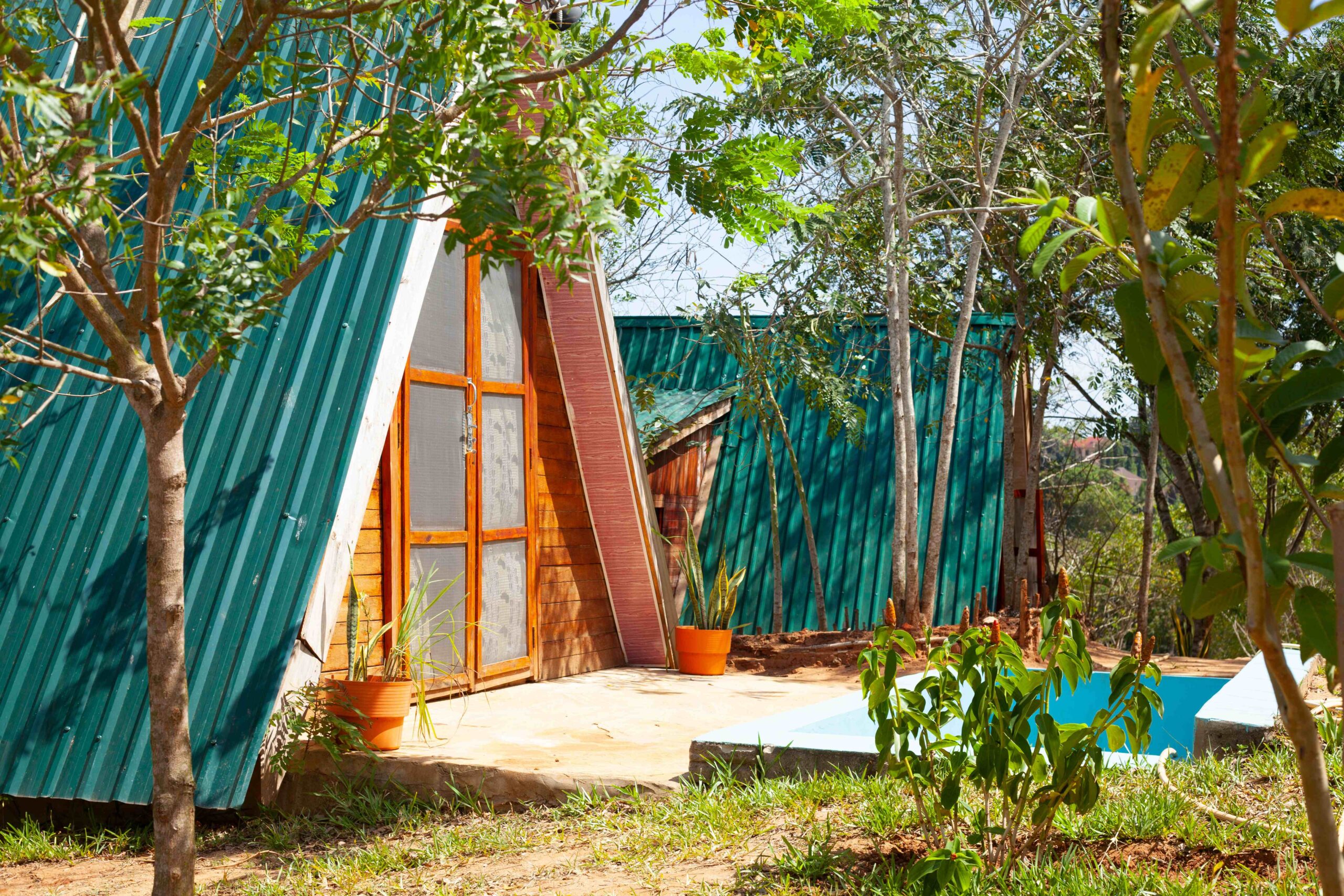
Leave a Reply